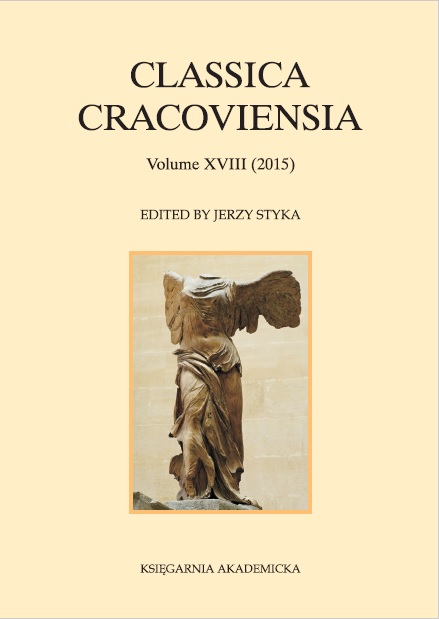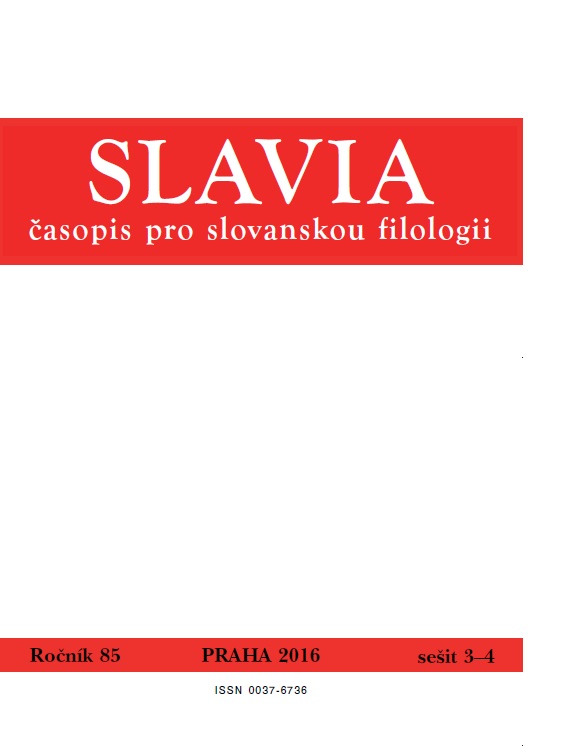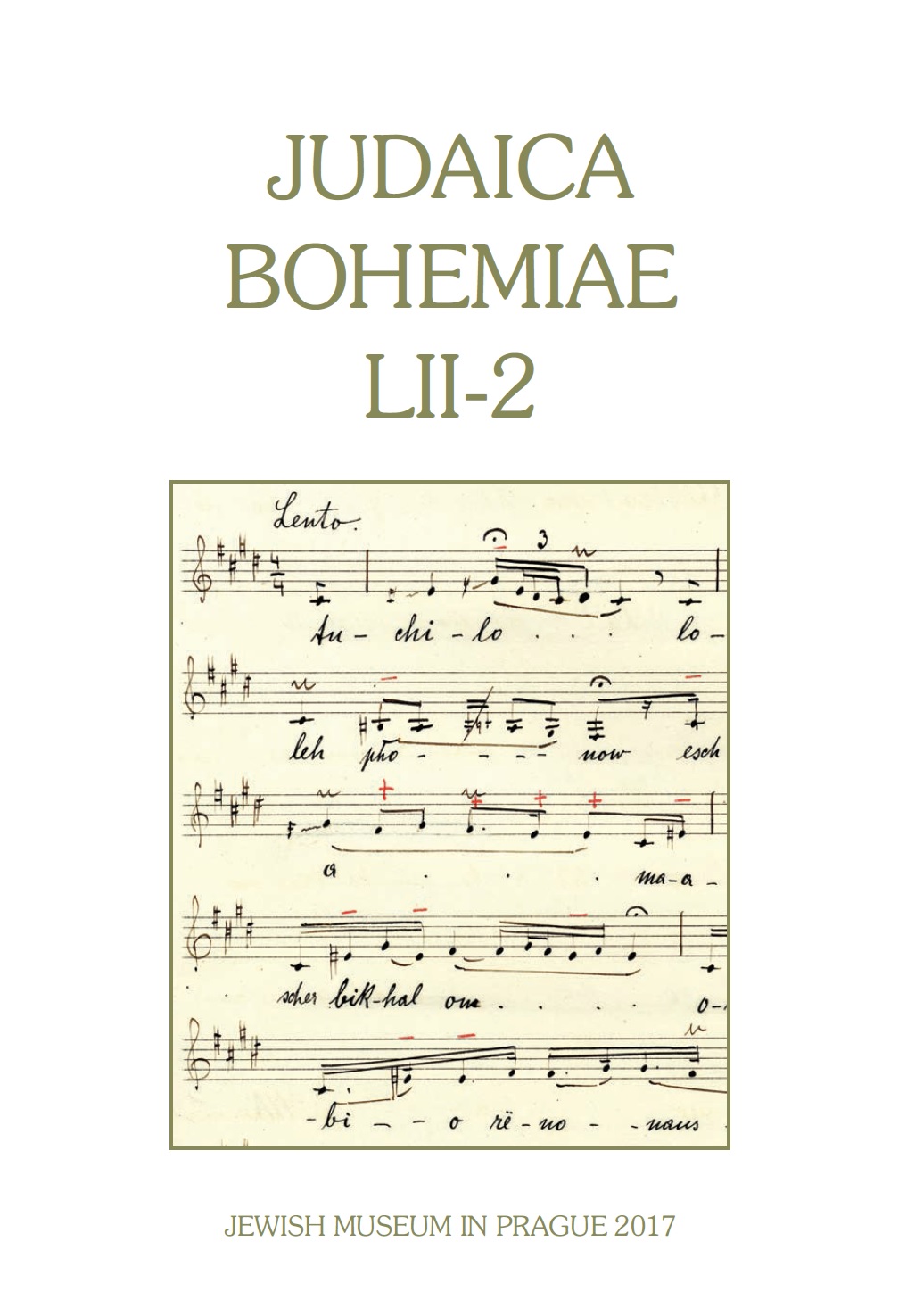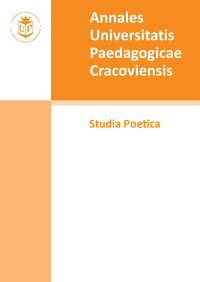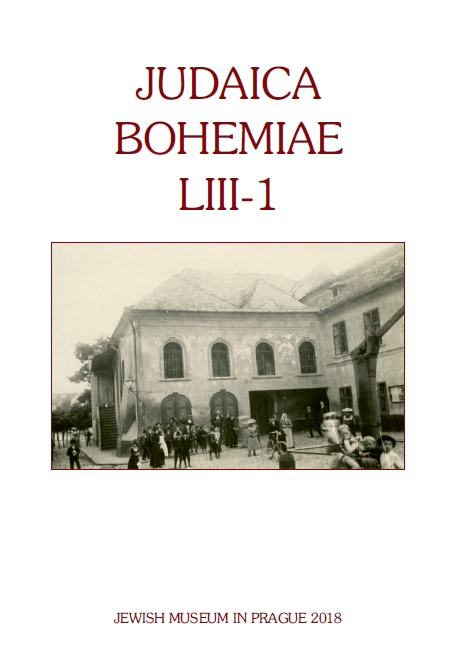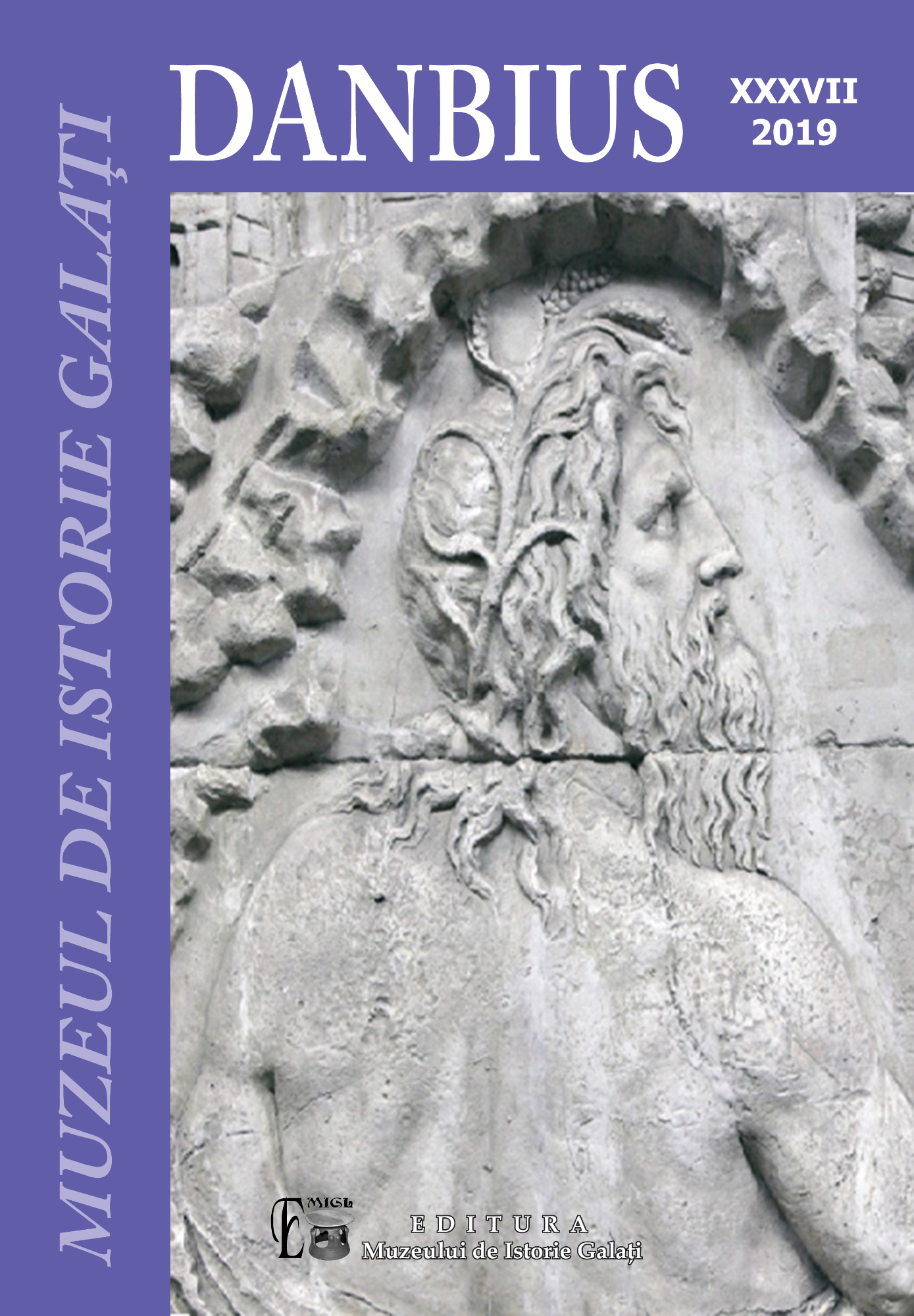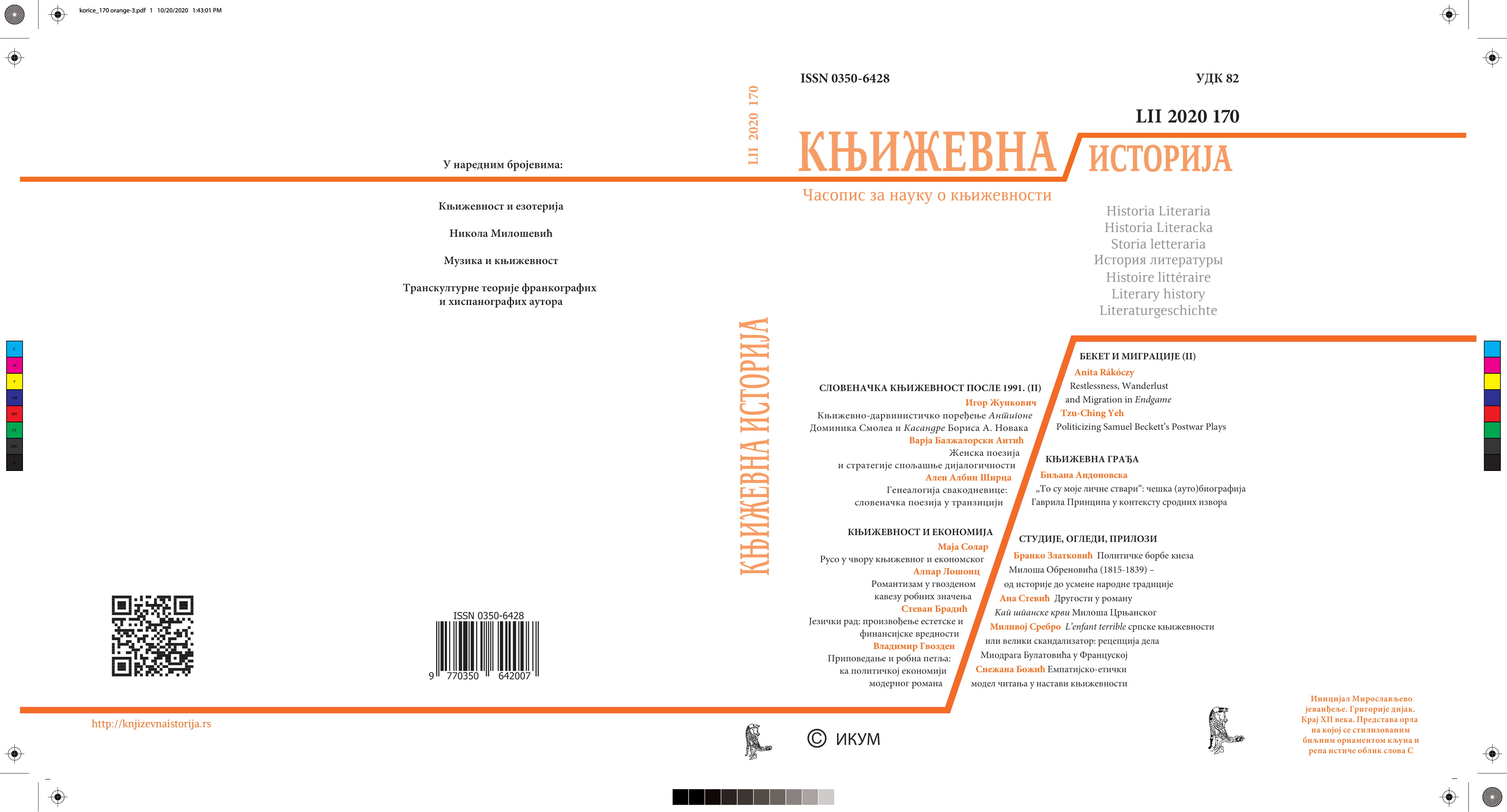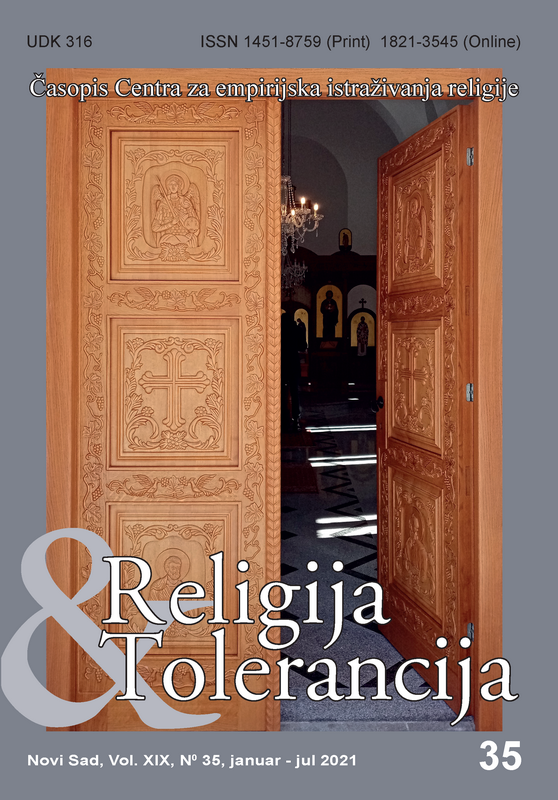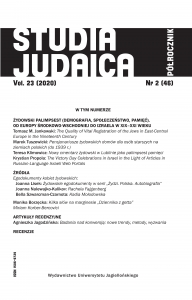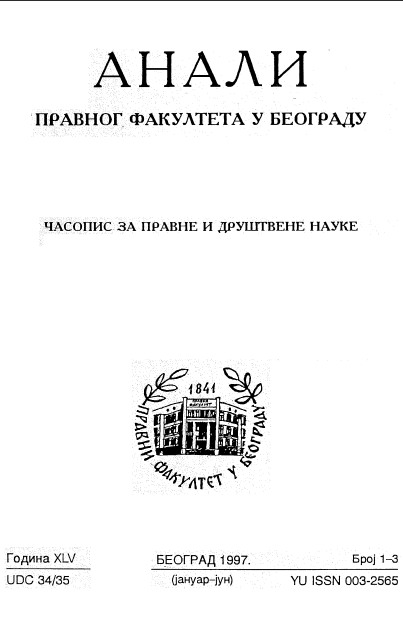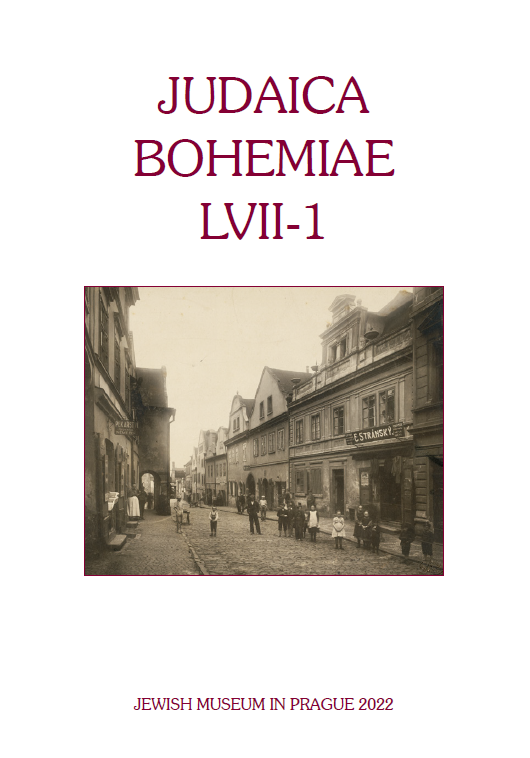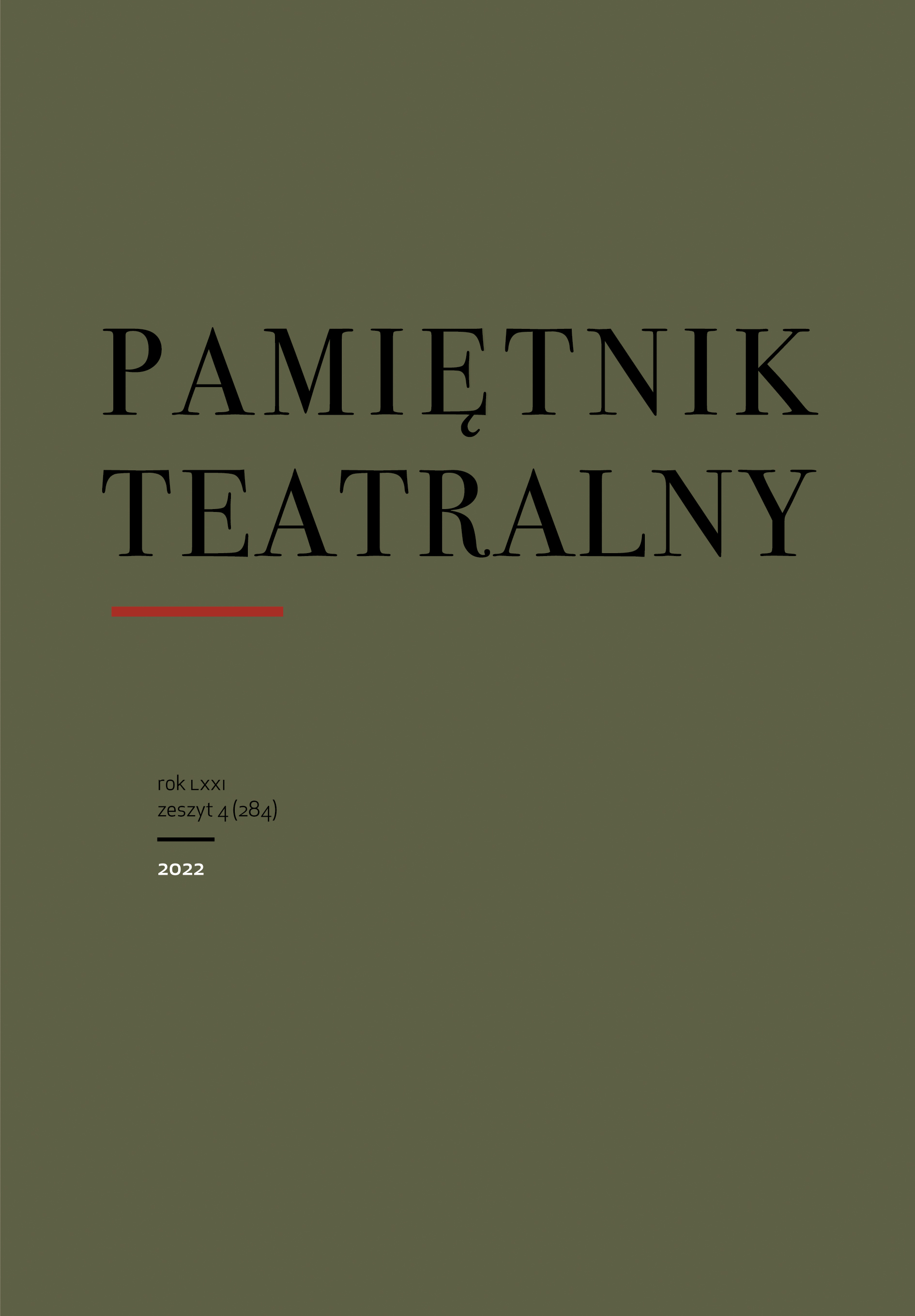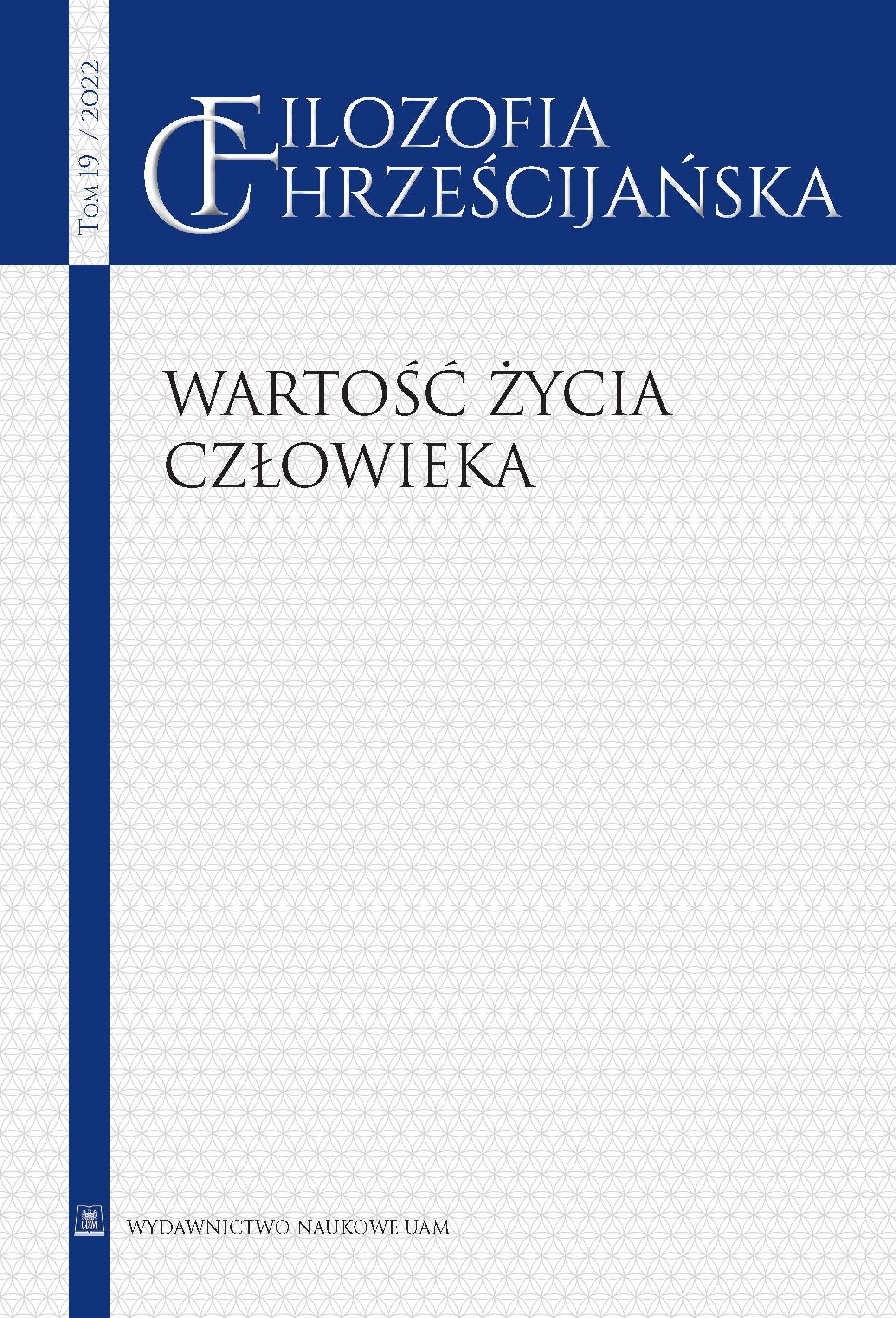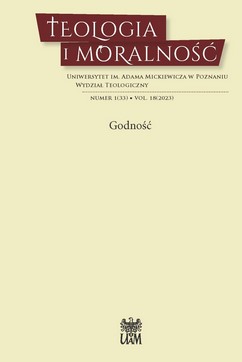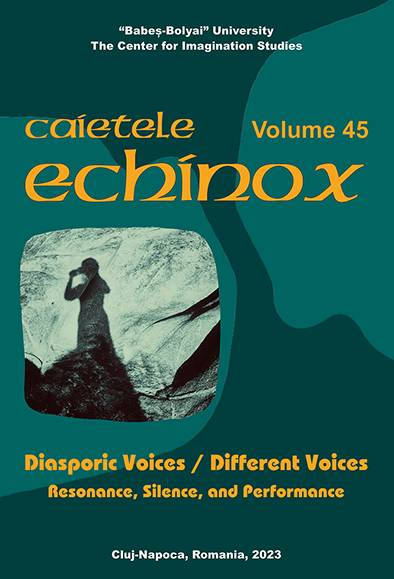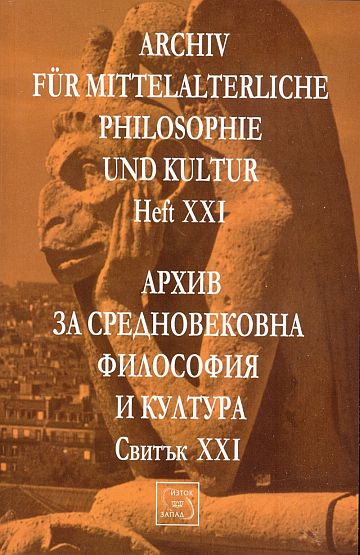
Philosophical quotations from the "Guide of the Perplexed" in Ramón Martí’s "Pugiofidei"
Ramón Martí’s Pugio fidei is one of the most known works belonging to the genre of medieval religious polemic. It was composed in 1278 and responded to a new need of the Dominican preachers, since in the second half of the XIIIth century, missions to convert Jews and Muslims were intensified. The Pugio fidei fully realizes the project of absorbing the culture of the ‘enemy’ in order to defeat him with his own ‘weapon’. In this impressive work, Martí quotes numerous Jewish sources to demonstrate the truth of Christianity, his attitude towards them being clearly negative. Despite this hostile context, there is one authority that seems to have never been questioned: Moses Maimonides. The aim of the paper is thus to evaluate the role of Maimonides within the Pugio fidei, by focusing on philosophical arguments. For this purpose, quotations taken from the Guide of the Perplexed concerning the eternity of the world will be analysed. Moreover, in light of the resemblance between the Pugio and Thomas Aquinas’ Summa theologiae, it is possible to hypothesize that Martí read Maimonides through Thomas’ eyes. As a matter of fact, the Pugio quite literally recites Thomas’ opinion, who also referred to Maimonides. Therefore, the two Dominicans seem to be strictly connected by the bond represented by Maimonides. For both authors, the Jewish philosopher plays a double role: on the one hand, he guarantees the authenticity of Aristotle’s quotations on world’s eternity; on the other, he represents the main opposition against the Aristotelian theory.
More...
